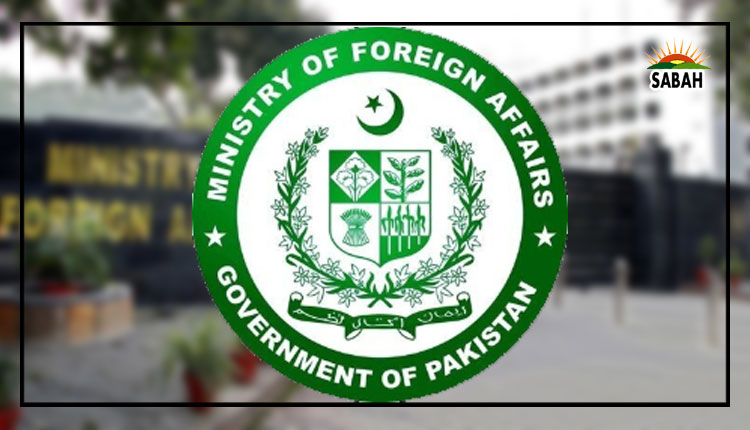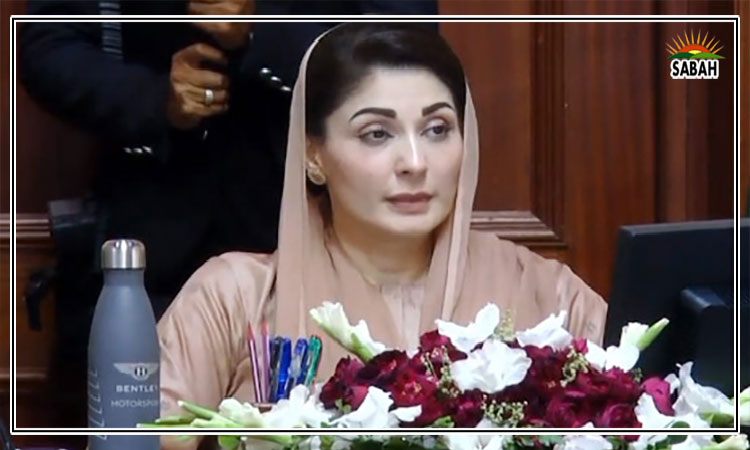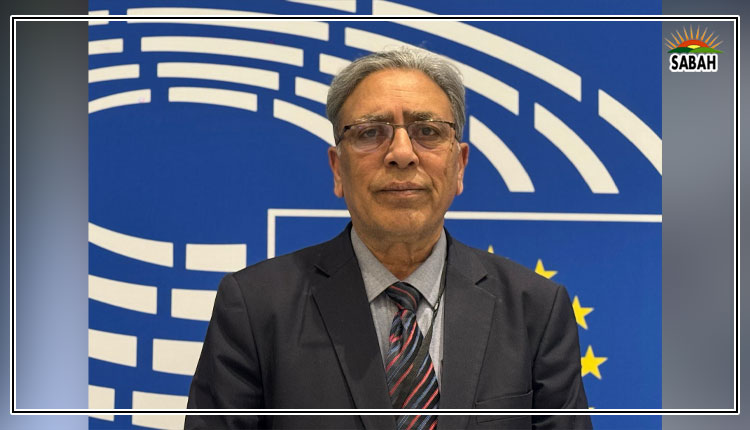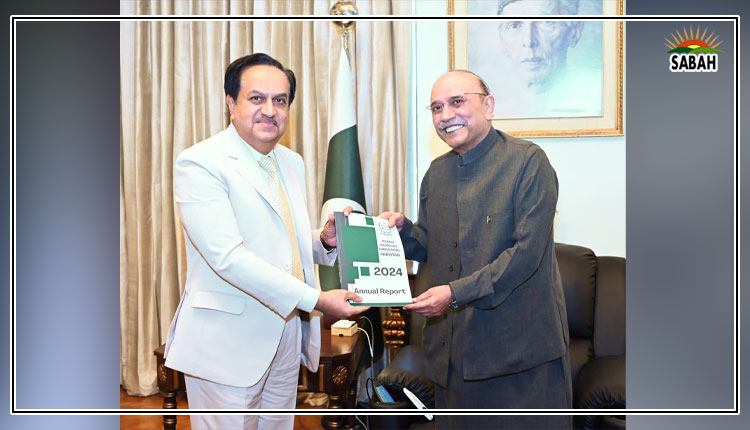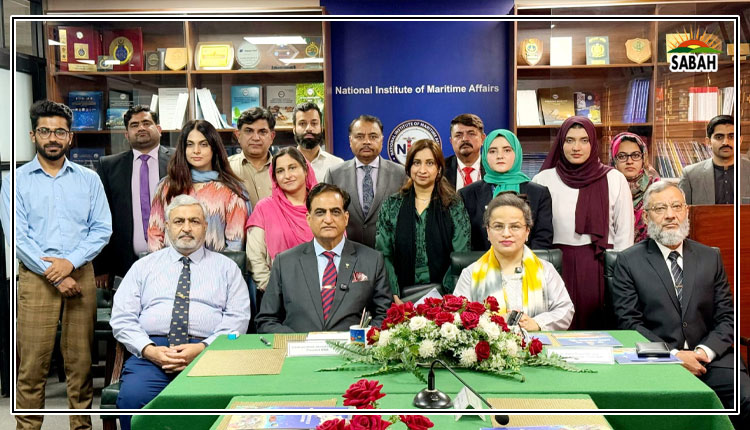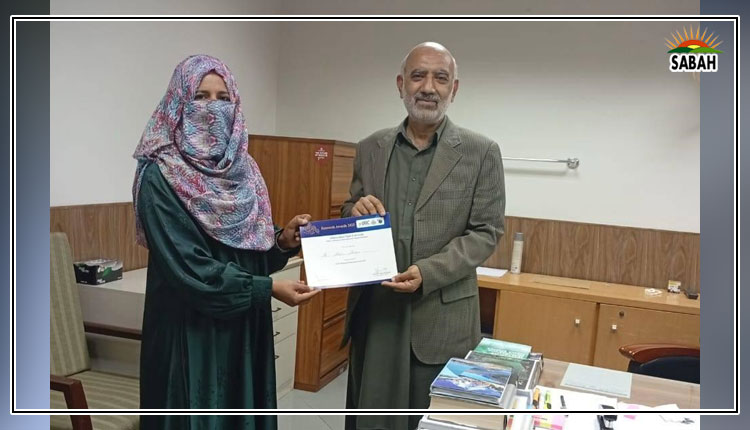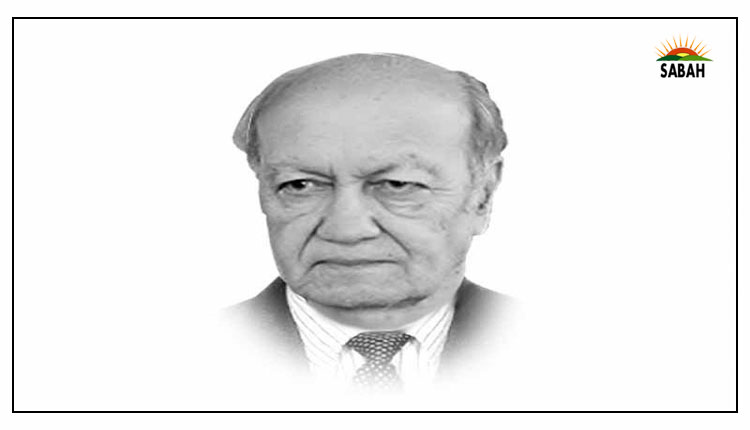Comprehending a fast-moving world ….Talat Masood
With politics highly conflictual, economy in deep distress and strategic direction undetermined, the question on everyone’s mind is: what future holds for the country? The anxiety of the people is understandable considering the hardships that they are going through with steep increase in inflation and prospects of a better tomorrow not visible in the near future. The recent elections have brought the same political parties, PML-N and PPP, in power in a weak coalition with the army leadership lending a supporting hand. While PTI with undeniable popular support reflected in the form of their members winning as independent candidates.
These multiple deliberate distortions in the political power structure apart from undermining democracy have a multiple effect in several other fields that should not be taken lightly and set aside. It seriously affects the economy as foreign governments and long-term investors hesitate to invest as the country’s future is uncertain. Only those interested in making quick money through high profit margins participate in government sponsored projects and purchases. Whereas the need is to develop a broad consensus among the political parties on major economic policies with the military leadership taken into confidence. This is necessary considering that a substantial portion of the budget is allocated to defence and security institutions due to the prevailing regional and global environment. It is equally necessary to ensure that an appropriate balance is maintained in allocation of defence and development as these are interlinked. A developed state with a high percentage of its society educated and cohesive is less prone to subversion and better positioned to counter inimical designs. It would also contribute significantly to increasing the GDP.
In a globalised world where there is severe competition in trade and commerce the country’s ability to keep pace with scientific and technological development is critical. This again is closely interlinked with the quality of education and the resources allocated to it. Regrettably, Pakistan is seriously lagging behind in this essential field and no serious effort to catch up is visible.
The political leadership is engrossed in petty politics and entrenched antagonism between political rivals, PML-N and PTI, that is largely personality oriented, has not given enough attention to these vital issues.
In sharp contrast the world is moving fast and new discoveries and developments are shaping and influencing every aspect of human life. In the US and Europe, Artificial intelligence (AI) is being integrated in work and in most of the systems. China is not far behind. India too has been adapting to it in industry and several other fields. Pakistan cannot afford to be left behind as it will not be long that AI will be a normal feature integrated into our daily lives and in use by several countries of the world. It is not only that AI will transform and facilitate several industrial and agricultural application but also the way we think and act. Besides, there are several dangers in its misuse that have to be carefully monitored by the government and by the normal users.
As technology matures, AI is being considered similar to technologies as space and nuclear that can serve humanity in a positive way or be a major threat to its very survival if misused. It can be applied to promote democracy and the rule of law or be an aid to the authoritarian regimes of the world. So far, not enough attention has been paid to understand the societal impact and consequences of these emerging technologies.
AI is now used in several applications in the public and private sector. Its most common use is in ChatGPT, movies, military applications, in self-driving cars and robotics. In future, the devices (for example, smartphones, computers, etc) that we interact with on a daily basis will be more intelligent and understand more about the context we live in and therefore make our lives more productive. Spectacular developments in space are increasing our understanding of the universe and leading to serious competition among major technological powers.
At the micro level research in microbiology has led to explore the intricacies of our cells. These major advances in human understanding are changing long held concepts and theories and adjusting to these would require an educated and well-informed polity. Those countries that will keep pace with scientific and technological advances will benefit their economies and maintain a lead in military power. Presently, the rivalry between the United States and China centres around advanced cutting-edge technologies. It is an unending race and other countries like Pakistan cannot remain oblivious to these developments. The economic progress and future of nations depends on their ability to harness technologies.
The rise of China and South Eastern countries, especially South Korea, has been built on the foundation of modern education. India’s fast-growing economy is attributable, to a large extent, to the priority its leaders in the past accorded to education with a scientific and technological bias.
Are our leaders mindful of these spectacular developments? Is the present federal coalition government and provincial governments likely to give serious attention to education and other sectors like health — the main elements that spur growth and on which the future and well-being of the broad masses depends? So far, the evidence is not encouraging. If the government fails to address these vital issues, it is feared that due to the drag caused by having such a large percentage of illiterate population unable to utilise its potential, the country will be straining under debt and poverty and generally incapable of autonomous decisions.
These compulsions demand that we promote leadership that is sensitive to people’s needs, adheres to democratic practices and is in tune with modern developments and technologies. More important that is free of the burden of operating within close boundaries of family and ethnic loyalties. This may appear to be idealistic or a tall order, but what is the other alternative but to continue stagnating with our people suffering while the world moves on.
Courtesy The Express Tribune, March 13th, 2024.


